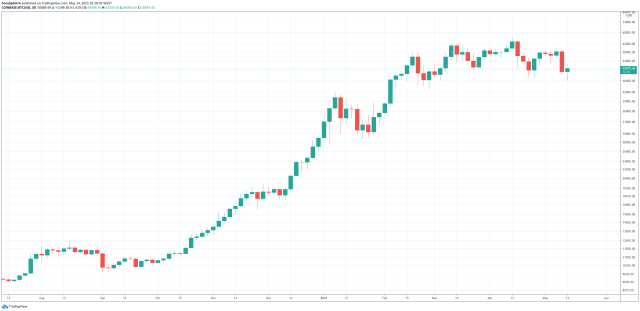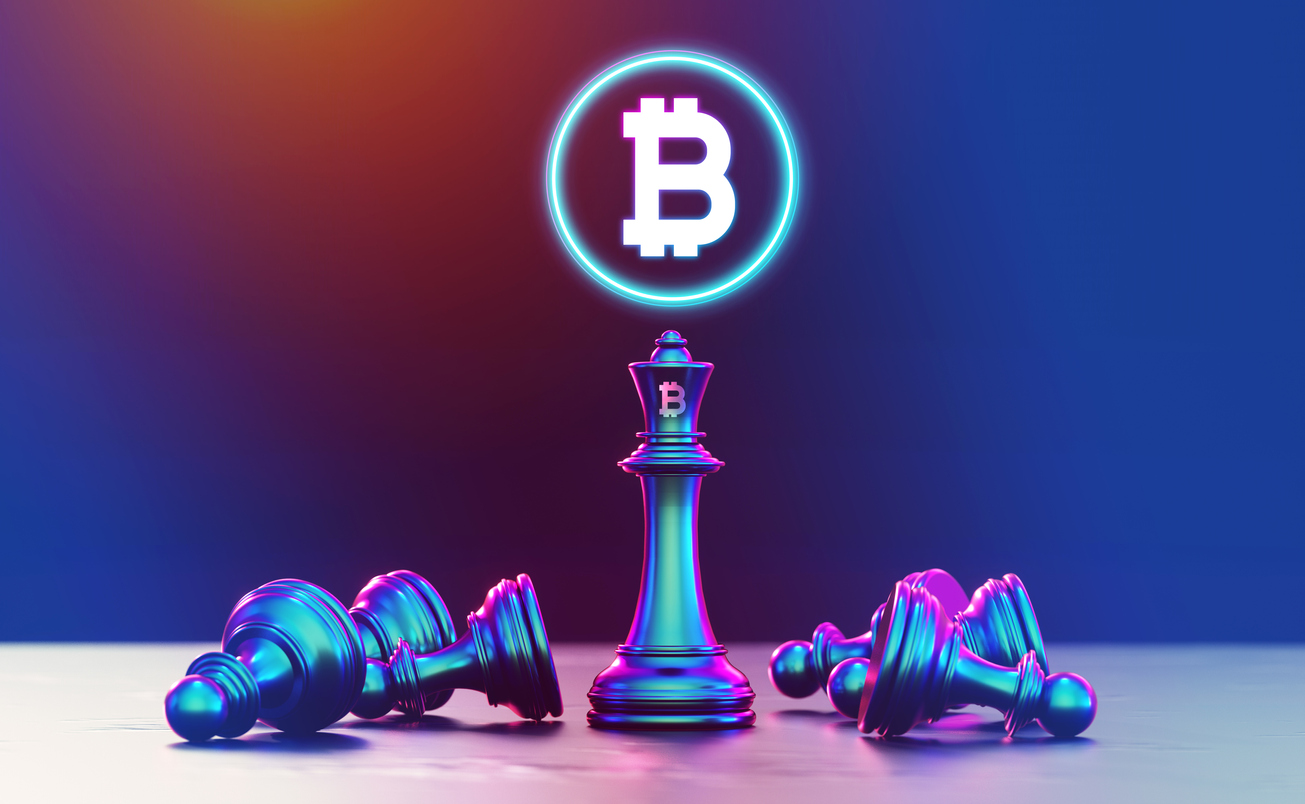
When Bitcoin was created, Satoshi Nakamoto sought decentralization among other attributes that would keep the cryptocurrency outside of the control of any intermediaries. Using the asset requires no third-party whatsoever. So why then is the crypto community so infatuated with influential figures and world-renowned brands getting involved in BTC?
Here’s why Bitcoin doesn’t need Elon Musk, Michael Saylor, or any of the recent figureheads who are trying to represent the top cryptocurrency by market cap.
Point of Failure: Why Satoshi Disappeared From Existence
The first ever cryptocurrency was invented in 2008 by a mysterious person or group that even today, no one knows the true identity to.
Several figures have come forth claiming they were Satoshi, but until the creator’s BTC wallets are signed and coins moved, no one would ever be accepted as the closest thing crypto has to a god.
But even Satoshi disappeared. Because any point of failure in the cryptocurrency’s network is a negative. Examples of founders or developers falling out of favor has caused many coins to suffer in the past, but there has never before been an impact on Bitcoin because there is no central authority in any way.
Related Reading | By The Numbers: Here’s How Much MicroStrategy Has Made On Bitcoin
There’s no marketing department, no CEO, no social media specialist to promote the network. The cryptocurrency’s success is the network effect at its finest.
The closest thing to it appeared around August of last year, and today is the most well-recognized Bitcoin bull. His name is Michael Saylor, and everything he’s done for the cryptocurrency has been positive. He promotes education and advocacy, and the fact that he’s sat down to interview with three-year-old Lily Knight shows what a great all-around guy he is.
His involvement has only benefitted the growth of the network – he’s even hastened it. But Bitcoin still doesn’t need him.

The Saylor effect has been positive. Musk's involvement has been mixed | Source: BTCUSD on TradingView.com
The Dawn Of The Dogefather And Why It Is Bad For Bitcoin
The next closest thing to a frontman for Bitcoin, has been serving a dual-role as the Dogefather. Elon Musk was championed by crypto enthusiasts as the best thing to happen since sliced bread, pumping coins left and right by billions of dollars per second, per tweet.
His impact on markets is borderline disgusting, but since crypto is unregulated he’s free to do and say as he pleases regardless of what influence it has over investors.
A complete disconnection in the Tesla CEO’s wealth seems to leave him completely numb to the fact that he could potentially be destroying other’s finances on a whim. His flip-flopping decisions as of late, are also destructive to the industry.
A sudden switch in stance on BTC has sent the cryptocurrency market tumbling. Two months ago everyone loved Musk for Tesla accepting BTC for payments – a decision they’ve overturned already due to concerns over the impact on the environment.
Related Reading | Elon Musk Doubles Down On Bitcoin Energy Concerns
The claim itself paints Musk as a fool, who put a fortune of his company’s money into an asset he finds harmful to the environment. Or he clearly didn’t research enough. What’s really afoot is that his company is seeking a piece of the renewable fuel credit market, and needed to put its greenest foot forward.
The guy is just doing what he needs to do strategically for the success of Tesla, not Bitcoin – which is why, the cryptocurrency market is better off without Musk, or any leaders for that matter.
Cryptocurrencies are made to be decentralized for a reason. Any involvement from any humans just muddy up the waters. Musk is an example of how having someone as a frontman can be harmful instead. Now imagine the harm that would be done if Saylor suddenly turned, sold all his BTC, and began blasting the crypto industry as often as he boasts about it.
And if you think he can’t change his mind, I’ll leave you with this…
#Bitcoin days are numbered. It seems like just a matter of time before it suffers the same fate as online gambling.
— Michael Saylor⚡️ (@saylor) December 19, 2013
Featured image from iStockPhoto, Charts from TradingView.com


















